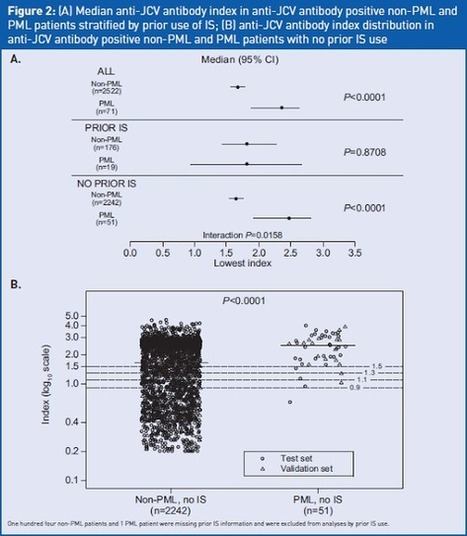AbstractMultiple sclerosis (MS) is a typical CD4 T cell-mediated autoimmune disease of the central nervous system (CNS) that leads to inflammation, demyelination, axonal damage, glial scarring and a broad range of neurological deficits. While disease-modifying drugs with a good safety profile and moderate efficacy have been available for 20 years now, a growing number of substances with superior therapeutic efficacy have recently been introduced or are in late stage clinical testing. Daclizumab, a humanized neutralizing monoclonal antibody against the α-chain of the Interleukin-2 receptor (IL-2Rα, CD25), which had originally been developed and approved to prevent rejection after allograft renal transplantation, belongs to the latter group.
Clinical efficacy and safety of daclizumab in MS has so far been tested in several smaller phase II trials and recently two large phase II trials (combined 912 patients), and has shown efficacy regarding reduction of clinical disease activity as well as CNS inflammation. A phase III clinical trial is ongoing till March 2014 (DECIDE study, comparison with interferon (IFN) β-1a in RRMS). Furthermore, the existing safety data from clinical experience in kidney transplantation and in MS appears favorable.
Apart from the promising clinical data mechanistic studies along the trials have provided interesting novel insights not only about the mechanisms of daclizumab treatment, but in general about the biology of IL-2 and IL-2 receptor interactions in the human immune system. Besides blockade of recently activated CD25+T cells daclizumab appears to act through additional mechanisms including the expansion of immune regulatory CD56bright natural killer (NK) cells, the blockade of cross-presentation of IL-2 by dendritic cells (DC) to T cells, and the reduction of lymphoid tissue inducer cells.
Via Krishan Maggon



 Your new post is loading...
Your new post is loading...











Volume 262, Part A, December 2014, Pages 44–51
Special Issue: Progress in MS pathophysiology and treatment
Review Daclizumab (anti-CD25) in multiple sclerosisNikolai Pfender , Roland Martin, DOI: 10.1016/j.expneurol.2014.04.015